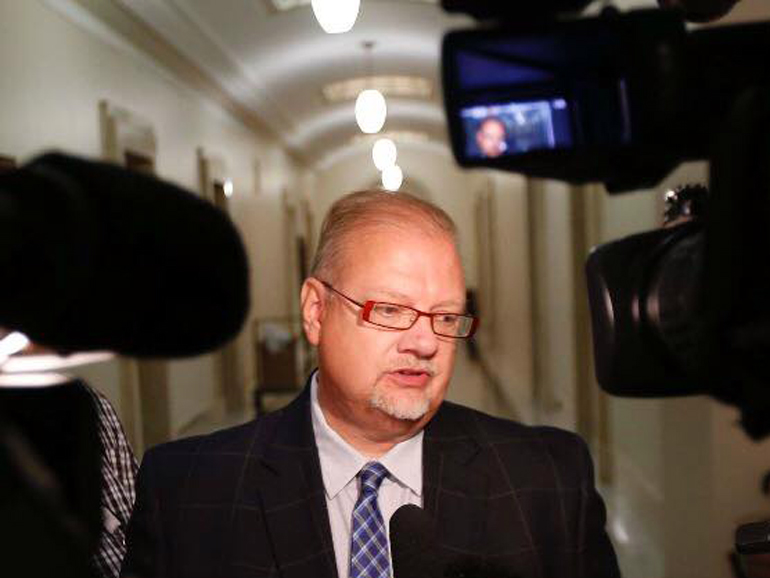Health Minister Kelvin Goertzen says his department is busy working on implementing a new mental health and addictions strategy.
A government-commissioned report has shown about 80 per cent of people with mental health issues are also dealing with addiction. Yet, Goertzen says, it found mental health and addictions treatment systems in Manitoba are disjointed and inefficient.
"You know, Selkirk Mental Health is doing certain kinds of work and the Addictions Foundation of Manitoba is doing certain kinds of work, and then, you have some community organizations within the regional health authority which are doing certain kinds of work, but they're not necessarily all doing it together. And so he (Dr. Brian Rush) has recommended that a lot of the organizations like AFM and the Selkirk Mental Health facility and others, come together and be brought together into one entity so that they are coordinated. We accept that recommendation. But bringing all of those entities together will take a little bit of time."
Goertzen adds the systems are even more disconnected in rural Manitoba than they are in Winnipeg. "It (the report) certainly said that there was under-service when it comes to certain parts of rural Manitoba, that all those challenges that people had, in terms of accessing the system within Winnipeg, were magnified in rural parts of Manitoba because it was even more difficult to find those services."
Goertzen acknowledges the province needs to have more psychological support for people dealing with mental health and addictions and the government will work on a plan for that. He notes it took decades for the system to become so disconnected so it will take time to make corrections. But he reiterates the government is committed to doing so.




